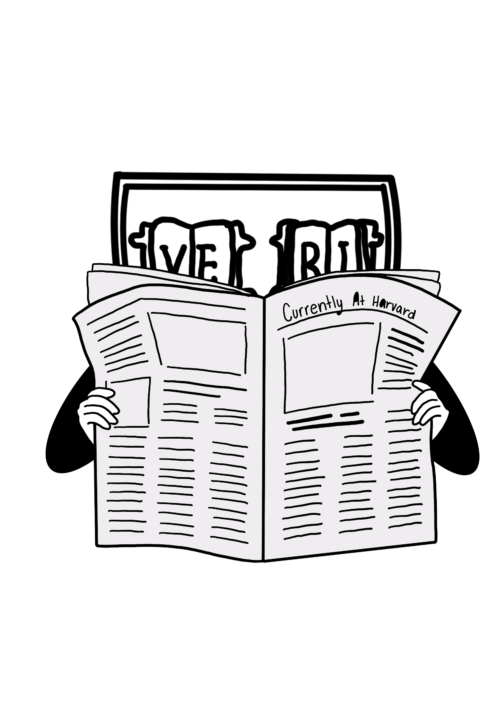Harvard Announces its New President: On Aug. 2, Penny Pritzker, Senior Fellow of the Harvard Corporation, announced in a message to the Harvard community that Interim President Alan Garber ’76 will serve as the University’s president through the 2026-27 academic year. This puts an end, for now, to the presidential search that was initially poised to begin earlier this year. Pritzker wrote, “Over the last seven months, and for years before that, Alan has led with a deep concern for all members of the Harvard community, a strong devotion to enduring university ideals, and a paramount commitment to academic excellence.” In a follow-up statement by Garber to the community, the new president expressed gratitude and hopefulness for the coming years. “I am excited by the prospect of what we can achieve in these next years and will have more to say about our efforts on many fronts when the fall term begins,” he said. “Meanwhile, I will do my utmost to ensure that we continue to advance knowledge and drive discovery even as we work to mend the fabric of our community.”
Withheld Diplomas are Rewarded: On July 22, Harvard spokesperson Jason A. Newton confirmed that 11 of the 13 diplomas withheld from seniors who participated in the May encampments would be awarded. Harvard’s original decision in May to withhold the degrees sparked backlash, which led to a mass walkout at Commencement of over 1,000 students, faculty and staff, and community members. “The University continues to work to strengthen and improve disciplinary processes, such as the recently announced procedures to enable the work of the University Committee on Rights and Responsibilities to enhance the consistency of investigation and factfinding processes in cases involving more than one school,” Newton wrote in a statement to The Harvard Crimson.
Harvard Amends Encampment Punishments: Similarly, on July 9, Harvard reversed its decision to suspend five students over their involvement in the encampments or protests. Originally, the suspended students would be forced to withdraw for multiple semesters before returning to campus. Now, these suspensions have been reduced to probation, with the most severe penalty lasting one semester. This follows Harvard’s decision on May 13 to reinstate the over 20 students initially placed on involuntary leaves of absence due to their encampment participation.
Harvard Appoints Additional New University Leaders: Alongside Garber, the University appointed several others to new positions of leadership. Interim provost John F. Manning ’82 was announced to serve as the next provost of Harvard University by Garber on Aug. 15. Formerly the Dean of Harvard Law School, Manning became interim provost in March, replacing Garber as he filled the role of interim president. “John has done an outstanding job maintaining momentum across a broad portfolio of academic activities while leading efforts to articulate, communicate, and uphold the values of the University,” Garber wrote in an email to the Harvard community. Additionally, Garber announced on July 10 that Jennifer O’Connor ’87 had been appointed the next vice president and general counsel of the University. She succeeds Diane Lopez, who retired at the end of February after serving since 2019.
Harvard Updates its Rules: Various updates to University guidelines were made throughout the summer. On May 28, a message entitled “Institutional Voice” was released, revealing the University had accepted the Institutional Voice Working Group’s report and recommendations to not release official statements on public issues. “When the University ‘speaks officially on matters outside its institutional area of expertise,’ such statements risk compromising the ‘integrity and credibility’ of our academic mission and may undermine open inquiry and academic freedom,” the statement read. On July 18, the “Update on University Rights and Responsibilities” statement confirmed a standardization of fact-checking procedures when determining disciplinary action toward students.
Harvard Introduces Access to ChatGpt Edu: An Aug. 26 email announced that Harvard College would be providing its students access to OpenAI’s ChatGpt Edu. The service is supposed to provide an “accessible option for universities to deploy AI to students, faculty, researchers, and campus operations,” according to its website. The College additionally highlighted several ways in which faculty have begun to propose or adopt the usage of generative AI in their classrooms or resources.
Layla Chaaraoui ’26 (laylachaaraoui@college.harvard.edu) is the Managing Editor of the Independent.

